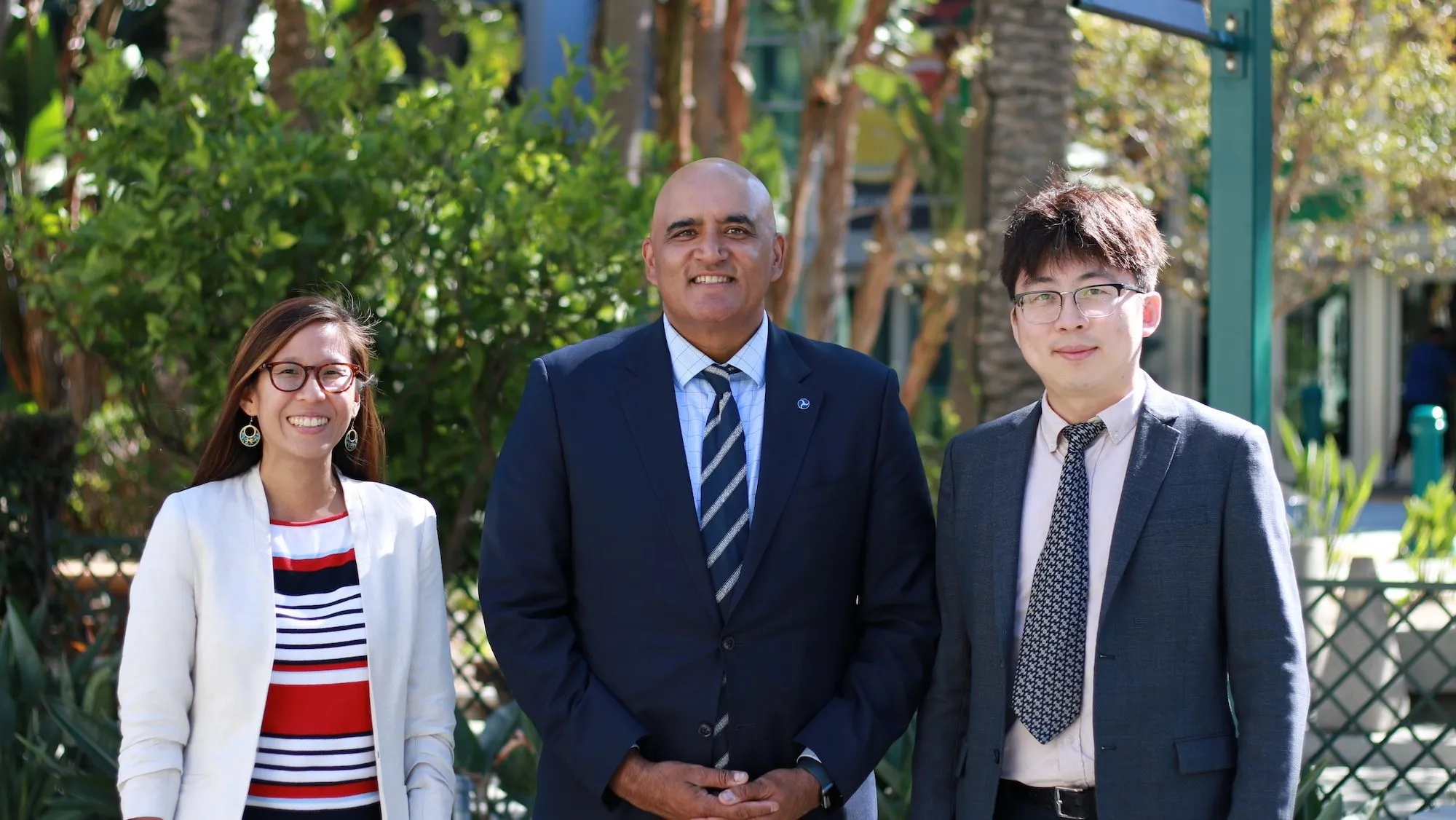The US Department of Transportation (USDOT) is seeking to increase oversight of the nation's public transportation systems after a spate of issues on the Washington, DC, Metrorail system and other subways have raised questions about US transit safety.
The USDOT’s Federal Transit Administration (FTA) has proposed a rule to establish a Public Transportation Safety Program under its new safety oversight authority established by the Moving Ahead for Progress in the 21st Century Act. The proposed rule would
August 17, 2015
Read time: 2 mins
The 324 US Department of Transportation (USDOT) is seeking to increase oversight of the nation's public transportation systems after a spate of issues on the Washington, DC, Metrorail system and other subways have raised questions about US transit safety.
The USDOT’s2023 Federal Transit Administration (FTA) has proposed a rule to establish a Public Transportation Safety Program under its new safety oversight authority established by the Moving Ahead for Progress in the 21st Century Act. The proposed rule would create an overall framework for FTA to monitor, oversee and enforce safety in the public transit industry, and is based on the principles and practices of safety management systems (SMS).
“Every day, millions of Americans take public transportation to get to work, school, medical appointments, and other important destinations,” said US Transportation Secretary Anthony Foxx. “This new program will help us ensure that transit continues to be a safe way to get around, and a safe place to work.”
Under the proposed new rules, FTA officials would have the power to conduct inspections, audits, and examinations; testing of equipment, facilities, rolling stock, and the operations of a public transit systems. Regulators would also be able to take appropriate enforcement actions, including directing the use or withholding of Federal funds and issuing directives and advisories.
“With transit ridership at its highest levels in generations, and our nation’s transit agencies facing increased pressure to meet the demand for service, we must continue to ensure that safety remains the top priority,” said FTA Acting Administrator Therese McMillan. “This rulemaking is a major step forward in establishing FTA’s safety regulatory framework, as all future safety-related rules, regulations and guidance will be informed by the Public Transportation Safety Program.”
The USDOT’s
“Every day, millions of Americans take public transportation to get to work, school, medical appointments, and other important destinations,” said US Transportation Secretary Anthony Foxx. “This new program will help us ensure that transit continues to be a safe way to get around, and a safe place to work.”
Under the proposed new rules, FTA officials would have the power to conduct inspections, audits, and examinations; testing of equipment, facilities, rolling stock, and the operations of a public transit systems. Regulators would also be able to take appropriate enforcement actions, including directing the use or withholding of Federal funds and issuing directives and advisories.
“With transit ridership at its highest levels in generations, and our nation’s transit agencies facing increased pressure to meet the demand for service, we must continue to ensure that safety remains the top priority,” said FTA Acting Administrator Therese McMillan. “This rulemaking is a major step forward in establishing FTA’s safety regulatory framework, as all future safety-related rules, regulations and guidance will be informed by the Public Transportation Safety Program.”







